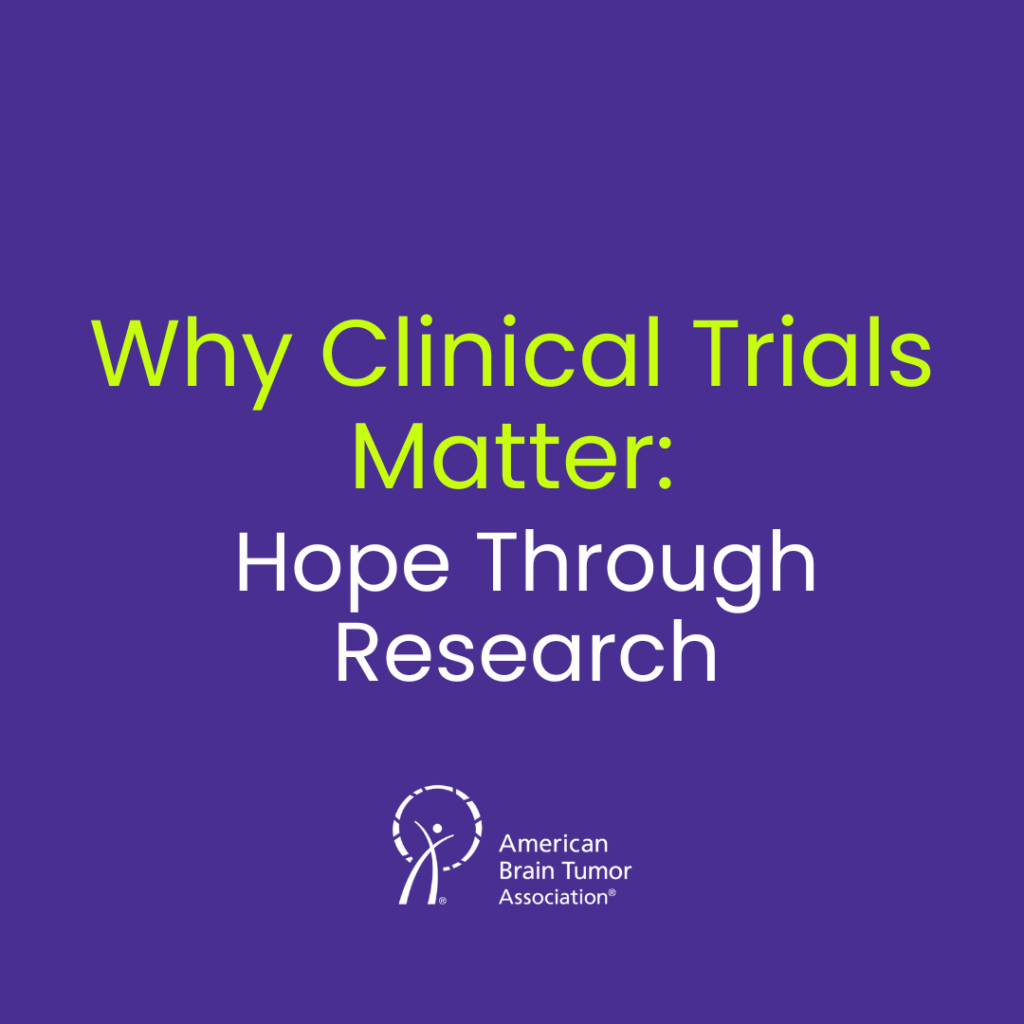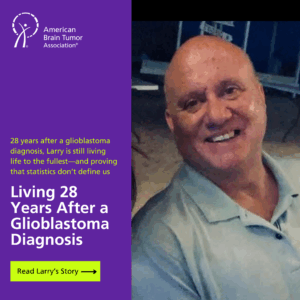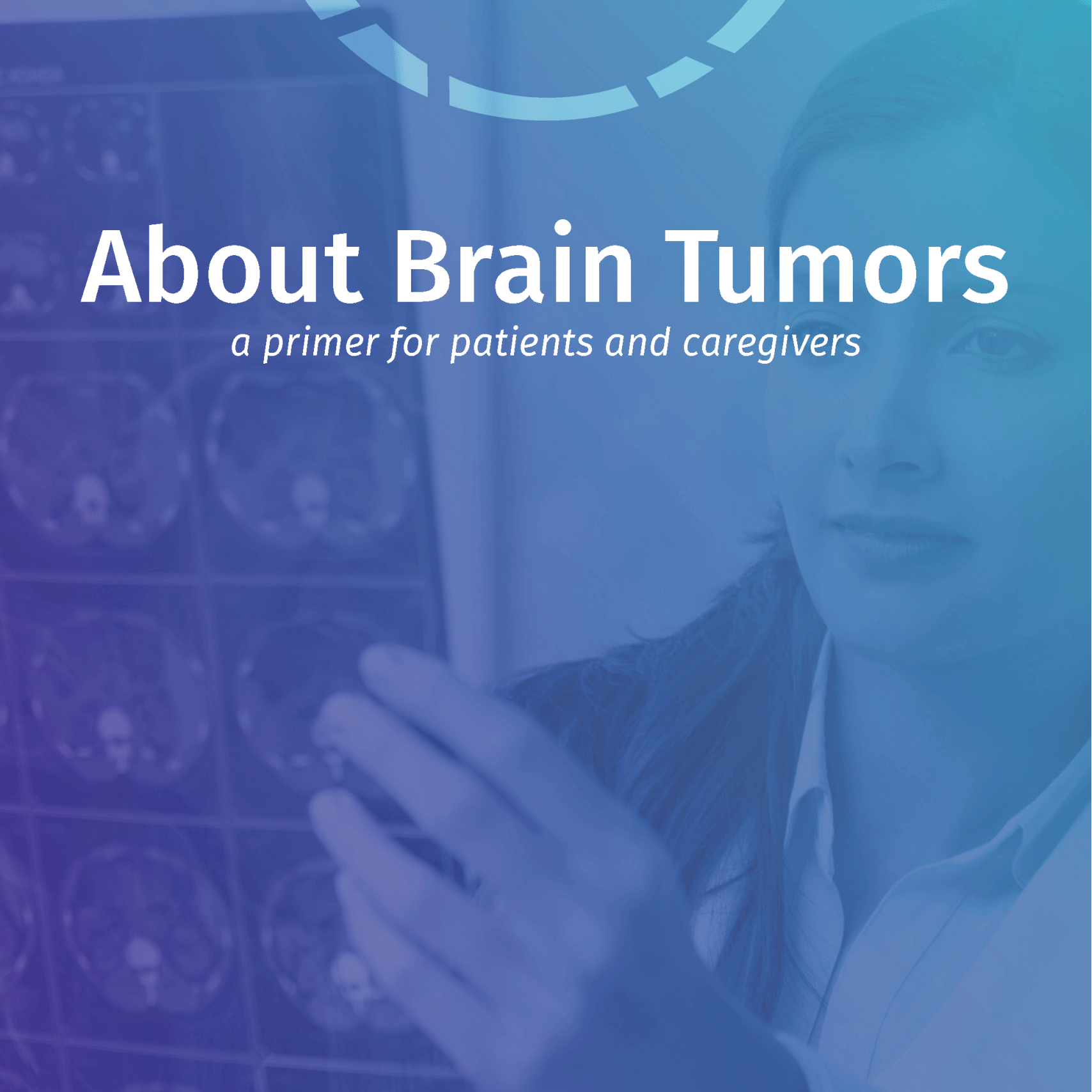When you or a loved one faces a brain tumor diagnosis, you want the best treatment possible. Clinical trials are medical research studies that test new treatments. They are the bridge between promising discoveries in the lab and better care for patients.
What Are Clinical Trials?
Clinical trials are carefully planned studies that test new ways to treat, prevent, or detect diseases. For brain tumor patients, these studies might test:
- New medicines or drugs
- Different types of surgery
- New radiation treatments
- Ways to help with side effects
- Better ways to find tumors early
Why Clinical Trials Are Important
They Lead to Better Treatments
Clinical trials help doctors determine whether new treatments work better, or are safer, than current ones. Some new treatments might help tumors shrink more or stop them from growing. Others might have fewer side effects. Some might help patients live longer, healthier lives.
They Give Hope
For patients who haven’t responded well to standard treatments, clinical trials offer new options. They provide access to cutting-edge treatments that aren’t available anywhere else.
They Help Future Patients
When you join a clinical trial, you help researchers learn more about brain tumors. This knowledge helps create better treatments for future patients, including people close to you.
Common Questions About Clinical Trials
Are Clinical Trials Safe?
Yes, clinical trials have many safety rules. Before any study begins, doctors must prove it’s safe enough to test. The protocols go through several layers of reviews to make sure they are safe and that they do not push patients into participating. During the study, patients are watched closely for side effects. If a treatment isn’t working or causes problems, patients can stop at any time. There are guardrails in place to force a stoppage to a trial that is either not working, has safety concerns, or is taking too long to enroll participants.
Will I Get a Placebo?
In brain tumor trials, patients rarely get a placebo (“sugar pill” or “sham surgery”) instead of real medicine or surgery. Most trials compare a new treatment to the current best treatment. You’ll always get some form of treatment for your tumor.
Does It Cost Money?
Anything research related, whether the intervention itself or tests specific to the trial, should be free. The research team pays for the experimental medicine and extra tests. Your regular medical care will go through your regular insurance.
Can I Leave the Study?
Yes, you can leave a clinical trial at any time, for any reason. Your medical team will continue to take care of you just as closely.
Types of Clinical Trials
Treatment Trials
These test new ways to treat brain tumors. They might study new drugs, surgery methods, or radiation techniques.
Prevention Trials
These look for ways to prevent brain tumors from coming back or from starting in the first place.
Quality of Life Trials
These study ways to help patients feel better during treatment or once they have completed a certain round of treatment. They might test new medicines for side effects or ways to help with pain.
How to Find Clinical Trials
If you’re interested in clinical trials, here are some ways to find them:
- Talk to your doctor about trials that might be right for you
- Visit ClinicalTrials.gov to search for studies
- Use the ABTA’s simplified clinical trial finder
- Contact the ABTA CareLine at 800-886-ABTA (2282)
- Ask representatives at major cancer centers near you
The Bottom Line
Clinical trials are essential for improving brain tumor treatment. They offer hope to current patients and pave the way for better treatments in the future. Every major advance in brain tumor care has come from clinical trials.
If you’re facing a brain tumor diagnosis, don’t be afraid to ask about clinical trials. They might offer you access to the newest and most promising treatments available.
Remember: participating in a clinical trial is always your choice. Take time to learn about your options and make the decision that feels right for you and your family.
Content developed in collaboration with WeTrials Inc.










